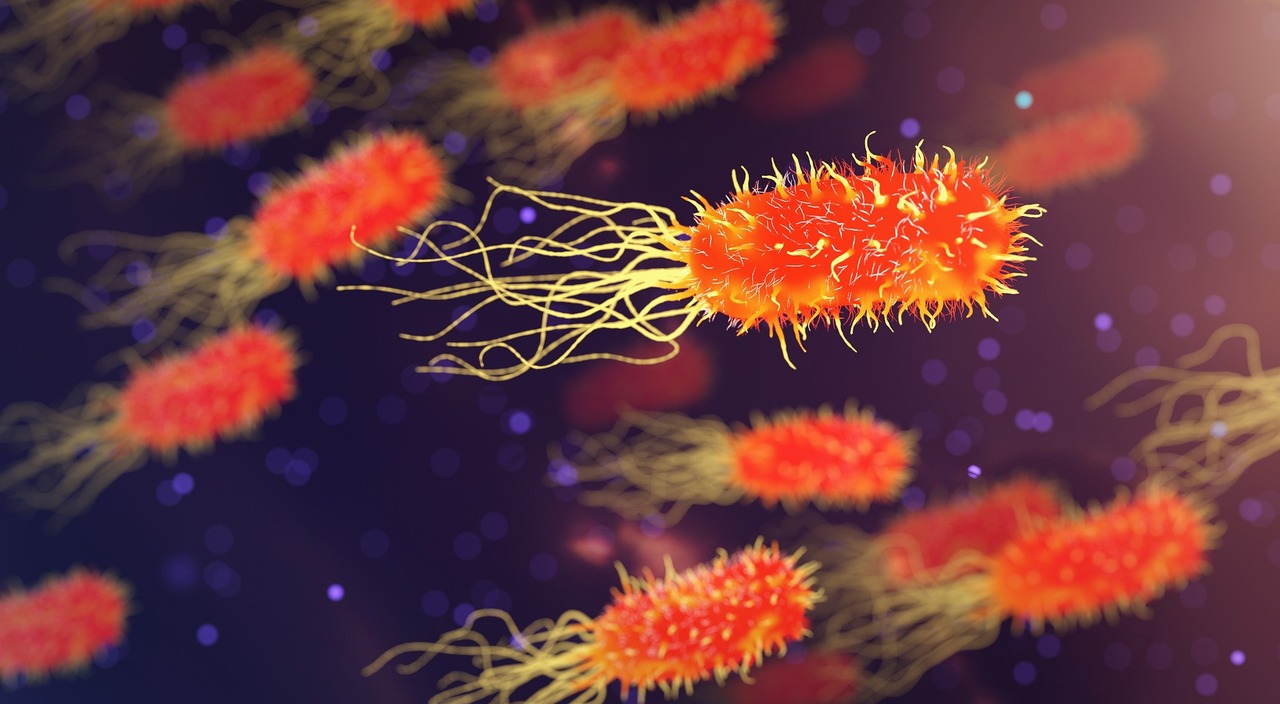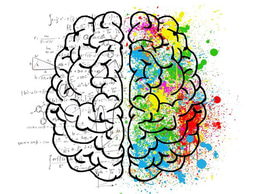John F. Cryan: "Did you ever have a gut feeling?"


What drew you to your research field?
I started my career as a biochemist, but I was drawn to behavioural neuropharmacology when I first saw experiments of the effects of stimulant drugs on behaviour in rats. It was a kind of eureka moment and since then I’ve been fascinated by the molecular underpinnings of behaviour. When I moved to Cork in 2005 I started collaborating with a clinical colleague, Ted Dinan, on the effects of the microbiome on behaviour and that has informed much of my research ever since. With an evolutionary lens I came to realise that we are living in a microbial world and that microbes were there first and that there has never been a time where our brain has existed without access to microbial signals.
What do you consider the most formative phase of your research career?
My PhD was with Brian Leonard in Galway (Ireland), who taught all his students to think holistically – that disorders like depression and anxiety are whole-body syndromes. Although there wasn’t much funding in Ireland in those days and the lab was run on a shoestring, we learned to question dogma and that drawing from different fields could really enrich one’s research programme. I realised then that it was about curiosity and creativity more than expensive equipment that was key to being a successful scientist. When I moved to the USA for postdocs at the University of Pennsylvania and the Scripps Research Institute I was like a kid in the candy store with all these ideas and now plenty of cool tools to play with. I look back fondly on these days and all of the great scientists I interacted with.
What do you see as the most important developments in your field in the past decade?
There is now a much greater realisation that the microbes in the gut could be playing a key role in shaping brain and behaviour. Initially very few were interested in such pathways, and I was often seen as evangelical in my approach – 'this crazy guy from Ireland'. With ‘fellow travellers’ from McMaster University, Canada and the Karolinska Institute, Sweden we slowly got data that clearly showed that across the lifespan the microbiome and its metabolites are crucial for homeostasis. Techniques like next-generation sequencing and metabolomics have been key in this regard. Moreover, hardcore circuit-based neuroscientists and neuroimmunologists have got interested in the field and have really enriched it.
Tell us about one of your favourite published papers from your lab
Perhaps one of the most surprising findings we had came about by exploring what genes were altered in the prefrontal cortex, a region of the brain involved in higher cognitive function, of microbiota-deficient mice. Using an unbiased RNAseq approach we found a distinct enrichment of genes that were involved in the process of myelination: Hoban, A. et al. (2016) Regulation of prefrontal cortex myelination by the microbiota. Transl. Psychiatry 6, e774. https://doi.org/10.1038/tp.2016.42. Myelin is the insulation that allows nerve cells to conduct messages appropriately. What was remarkable about these findings was that they suggested an increased myelination without signals from the gut microbiome. Indeed, when we looked down the electron microscope, we could see hypermyelination – something that doesn’t occur too often in nature. These findings really pushed us into an area we had not considered previously. We still must work out the mechanisms as to how this is happening but the findings were definitely a very important paper for the field.
What are some of the challenges in your field right now?
There are three big challenges in my area. Firstly, we need to really understand the mechanisms as to how microbes in the gastrointestinal tract can influence brain circuits to affect behaviour. We are still only scratching the surface in this regard but cross-disciplinary approaches from biochemistry, analytical chemistry, microbiology and bioinformatics are colliding with behavioural neuroscience to accelerate this progress. Secondly, we have made amazing discoveries in animal models, but we still have to see how much of these findings will translate to the human situation. Here, human brain imaging and psychology will be really important in collaborating with microbiome science. Finally, although there are many correlative studies implicating a role for the microbiome in various brain disorders there is a need for a causal understanding, which is challenging giving the complexity and inter-individual differences in microbiome composition. However, the good news is that unlike our genome where all we can do is blame our parents and grandparents our microbiome is potentially modifiable. This offers huge potential for the future understanding of brain and behaviour across the lifespan.
How do you explain your work to a non-scientist?
Did you ever have a gut feeling? What if how you behave is being controlled by the trillions of bacteria in your gut. Our lab is trying to understand the pathways of communication at a biochemical and molecular level and how it is translating to humans.
Introduction to John Cryan's work
Research summary
The Cryan Lab in University College Cork, Ireland, has been a global leader in defining a critical role for the gut microbiome in regulating brain and behaviour. Using state of the art technologies, Cryan and colleagues were among the first to show that microbiome is critical in early life in regulating key processes in the brain such as myelination, hippocampal neurogenesis, serotonergic neurotransmission and key components of the stress response. Functionally, he has shown that such changes translate to deficits in fear learning, visceral pain and long-term potentiation. Moreover, his group’s pioneering studies have led to a clear link being made between bacterial composition of the gut and social behaviour. His lab has applied a lifespan approach with key findings of microbiome–brain interactions in adolescence, adulthood and more recently all the way to old age.
In tandem, Cryan and colleagues have shown in a landmark paper in 2011 that administration of a Lactobacillus to mice dampens down the stress response and modifies behaviours and brain chemistry and that the vagus nerve is key to this communication. This work has had a huge impact on both the microbiome and neuroscience field internationally and shepherded in a whole new concept of psychobiotics, targeting the microbiome for mental health benefits, a term coined by the Cork team. More recently, his team have been moving to translating these studies into humans.
Lab webpage: http://publish.ucc.ie/researchprofiles/C003/jcryan
Two recent/key papers:
Boehme, M. et al. (2021) Microbiota from young mice counteracts selective age-associated behavioral deficits. Nat. Aging 1, 666–676. https://doi.org/10.1038/s43587-021-00093-9
Morais. L.H. et al. (2020) Enduring behavioral effects Induced by birth by caesarean section in the mouse. Curr. Biol. 30, 3761–3774.e6. https://doi.org/10.1016/j.cub.2020.07.044
More information on the FEBS Datta medal and plenary lecture at the IUBMB–PABMB–FEBS Congress 2022
The Datta medal is awarded annually by FEBS for outstanding achievements in Biochemistry and Molecular Biology or related sciences: https://www.febs.org/our-activities/awards/medals/
John Cryan will be presented with the medal at the IUBMB–PABMB–FEBS Congress 2022 in Lisbon, Portugal on Sunday 10th July where he will deliver a lecture on ‘Gut microbiota: fellow travellers that regulate brain & behaviour across the lifespan’: https://2022congress.febs-iubmb-pabmb.org/
Top image of post: by Arek Socha from Pixabay





Join the FEBS Network today
Joining the FEBS Network’s molecular life sciences community enables you to access special content on the site, present your profile, 'follow' contributors, 'comment' on and 'like' content, post your own content, and set up a tailored email digest for updates.